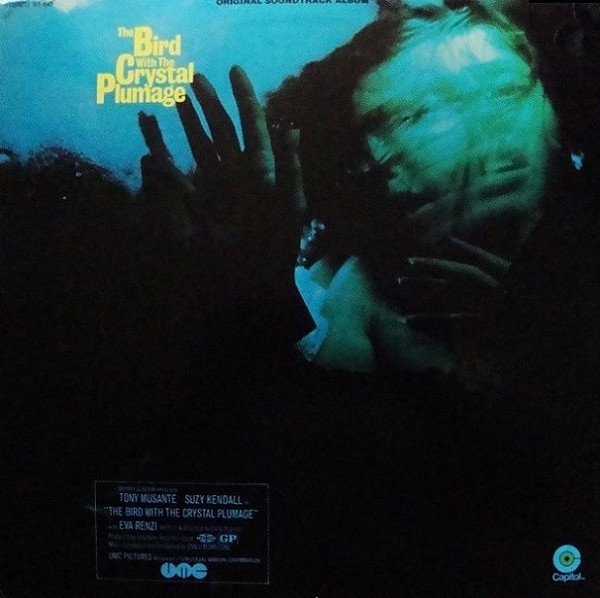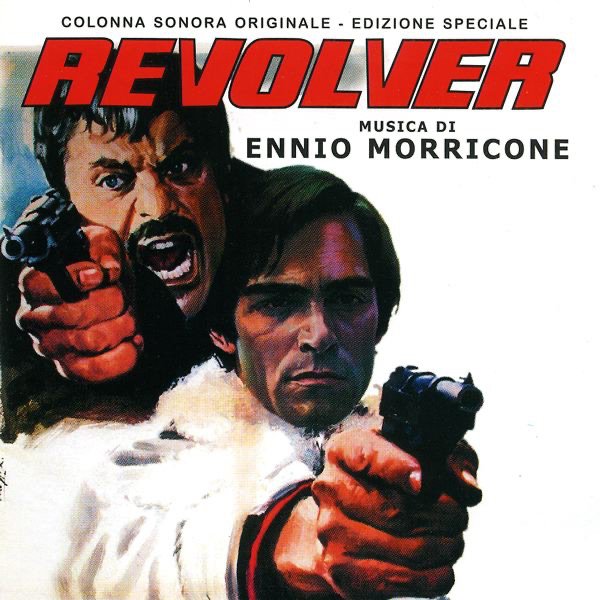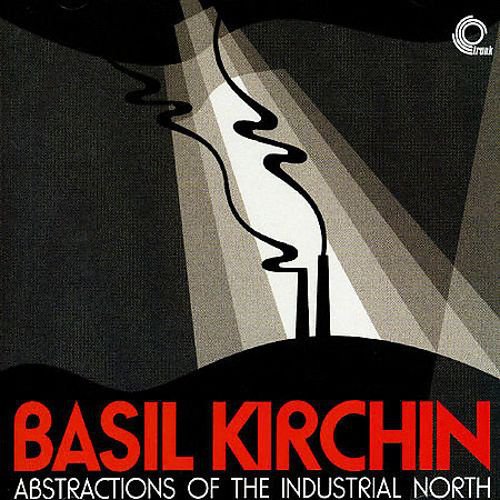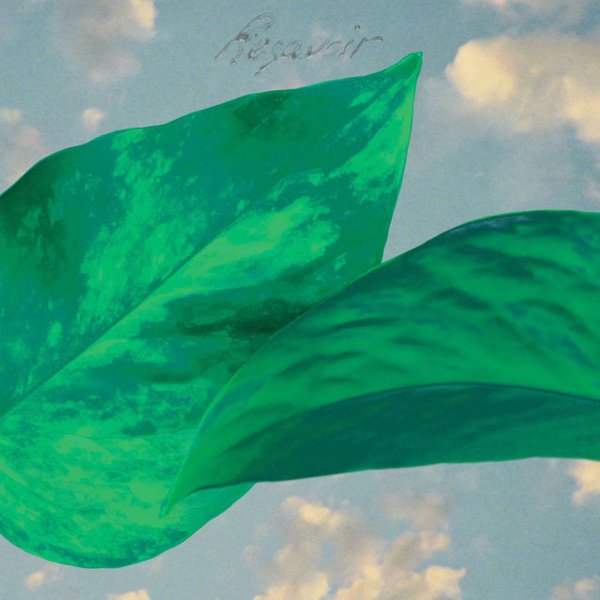![The Pink Panther [Music From the Film Score] cover](https://images.theshfl.com/5749366925033472_v1_600.jpg)
Recommended by
-
The Proprietor from Shfl
The Pink Panther [Music From the Film Score]
The slinky tiptoe-rhythm theme to Blake Edwards’ 1963 blockbuster comedy (and its subsequent sequels and Saturday morning cartoon spinoffs) might be the single most recognizable piece in Henry Mancini’s incredibly prolific career. Hell, it might even be one of the five most recognizable pieces of music ever performed on a saxophone; Plas Johnson did gigs with Marvin Gaye and Sam Cooke and that cartoon cat ditty is still going to be first and foremost in his obit. But beyond that, Mancini’s full score to The Pink Panther is a remarkable curiosity of postwar international chic — a British-led, European-flavored film set in the upscale villas and resorts of Italy, scored by the American-born son of working-class Italian immigrants. So it follows that its material subsequently careens wildly throughout that jet-set socialite milieu with tongue-in-cheek eclecticism. Johnny Mercer co-write “It Had Better Be Tonight (Meglio Stasera),” which appears in both instrumental and Fran Jeffries-sung Italo-English bilingual form, even complicates things by introducing au courant Brazilian bossa rhythms into the mix, capitalizing on one of the early ’60s’ biggest international-beat movements and bringing its lively mood to life as an integral ingredient without reducing it to a hip cliche. And the other pieces that fit the title theme’s hilariously unsubtle sense of big-band swankiness — like the merging of lowbrow American dance-craze grooves and Euro-continental quasisophistication in the accordion-and-sax workout “The Tiber Twist,” or the cha-cha permutations in “Something for Sellers” — pull off the remarkable feat of making the era’s accessibly upscale lounge-jazz sound both untouchably cool and irreverently ridiculous. That really makes the moments of pure unironic sentiment feel like ambushes: most people might not come to the Pink Panther soundtrack of all things in search of moments of heartbreaking melancholy or sincere stabs at elegance, but pieces like “The Lonely Princess” and “Champagne and Quail” serve as reminders that Mancini was a maestro in those moods, too, no Clouseau pratfalls necessary.
Recommended by
-
The Proprietor from Shfl

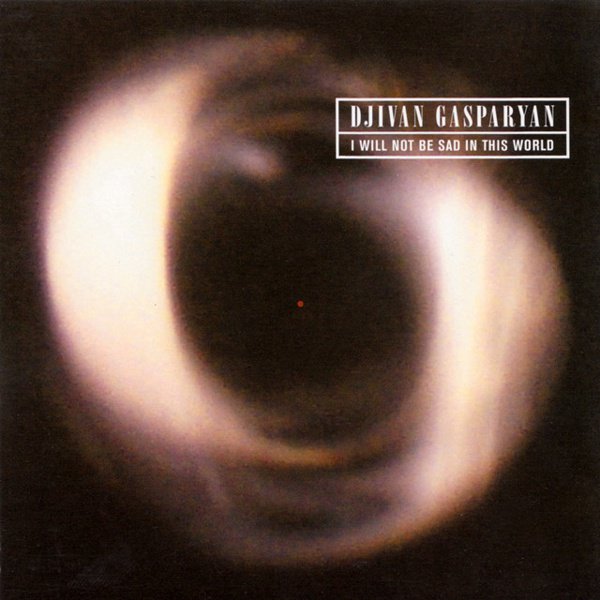
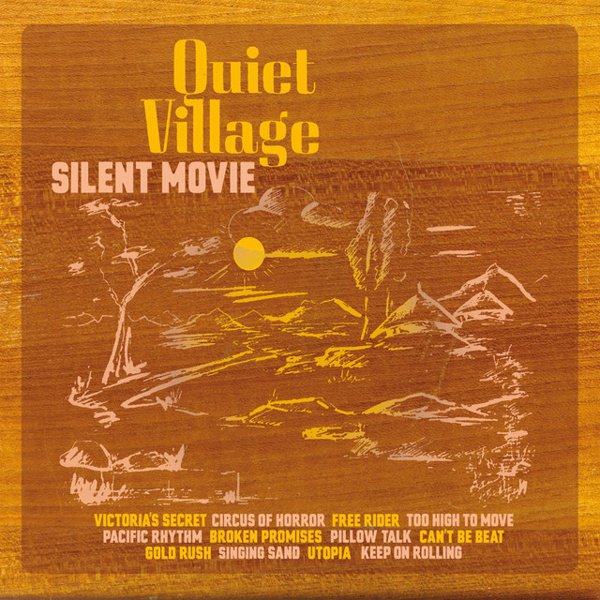
![The Hateful Eight [Original Soundtrack] cover](https://images.theshfl.com/4885062352896000_600.jpg)
![Il Grande Silenzio [Original Motion Picture Soundtrack] cover](https://images.theshfl.com/4814628969250816_v1_600.jpg)
![The Mission [Original Soundtrack] cover](https://images.theshfl.com/5707344927260672_v1_600.jpg)
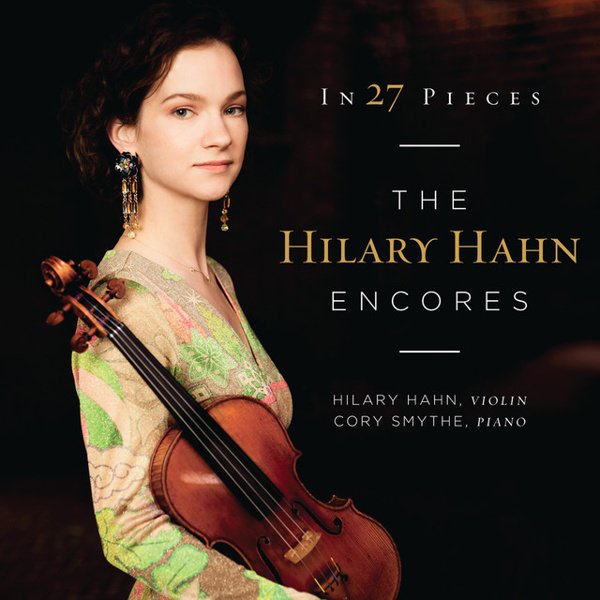
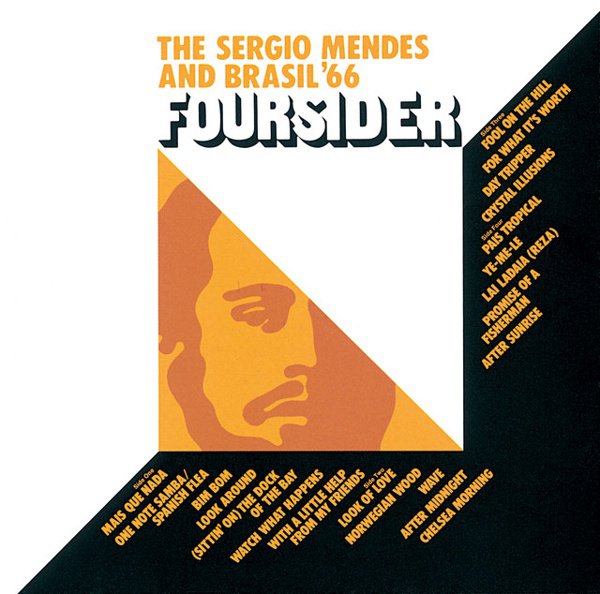
![The Cool World [Original Score] cover](https://images.theshfl.com/4634870206693376_v1_600.jpg)
